Lisa Gorton is Poet of the Month
Which poets have most influenced you?
Trying to answer this question has made me realise how often, in my reading, I am tracking lines of influence. Influence is such a chancy thing – sometimes opening out from a single image, a phrase, an involvement of syntax – and also revelatory. I first read Marianne Moore as an undergraduate. In my mind, the lines lead out from her to Barbara Guest, Elizabeth Bishop, Wallace Stevens, John Ashbery, F.T. Prince, H.D., Ezra Pound. Also as an undergraduate, I wrote an honours thesis on Emily Dickinson. Now, looking back, I realise that Dickinson’s use of prepositions – her sudden way of widening a poem out – originated my interest in John Donne. I spent years reading Donne’s poetry and prose, alongside Shakespeare, Burton, Browne, and Marvell. Reading those many-claused works must have had an effect. So, though there are other poets I like as much – Friedrich Hölderlin, Oodgeroo Noonuccal, Philip Hodgins, Martin Johnston, Antigone Kefala, Gig Ryan – Moore and Dickinson are, for me, at the start of things.
Are poems chiefly inspired or crafted?
Ideally, all the decisions that craft a poem reveal its inspiration.
What prompts a new poem?
Continue reading for only $10 per month. Subscribe and gain full access to Australian Book Review. Already a subscriber? Sign in. If you need assistance, feel free to contact us.


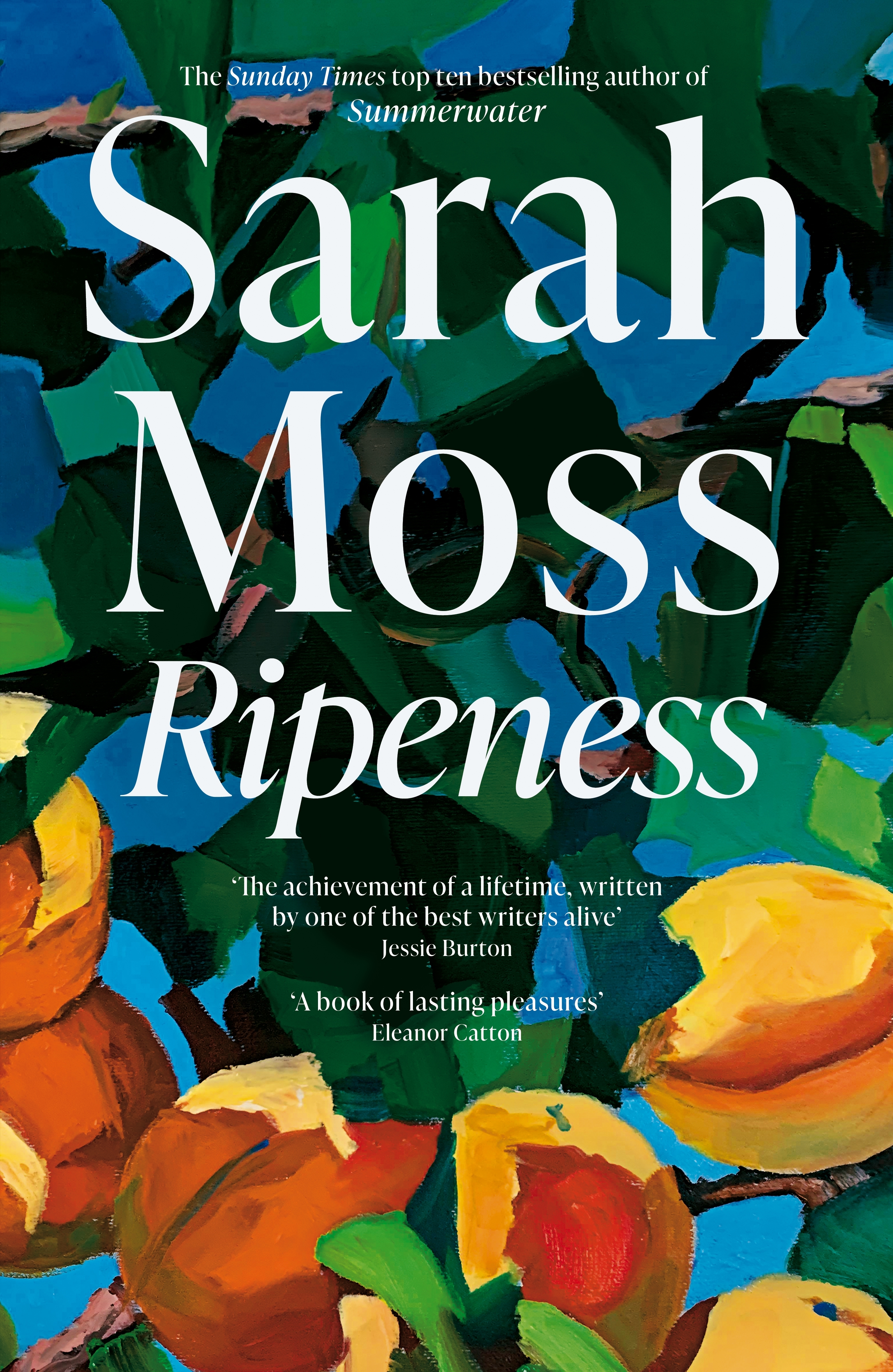
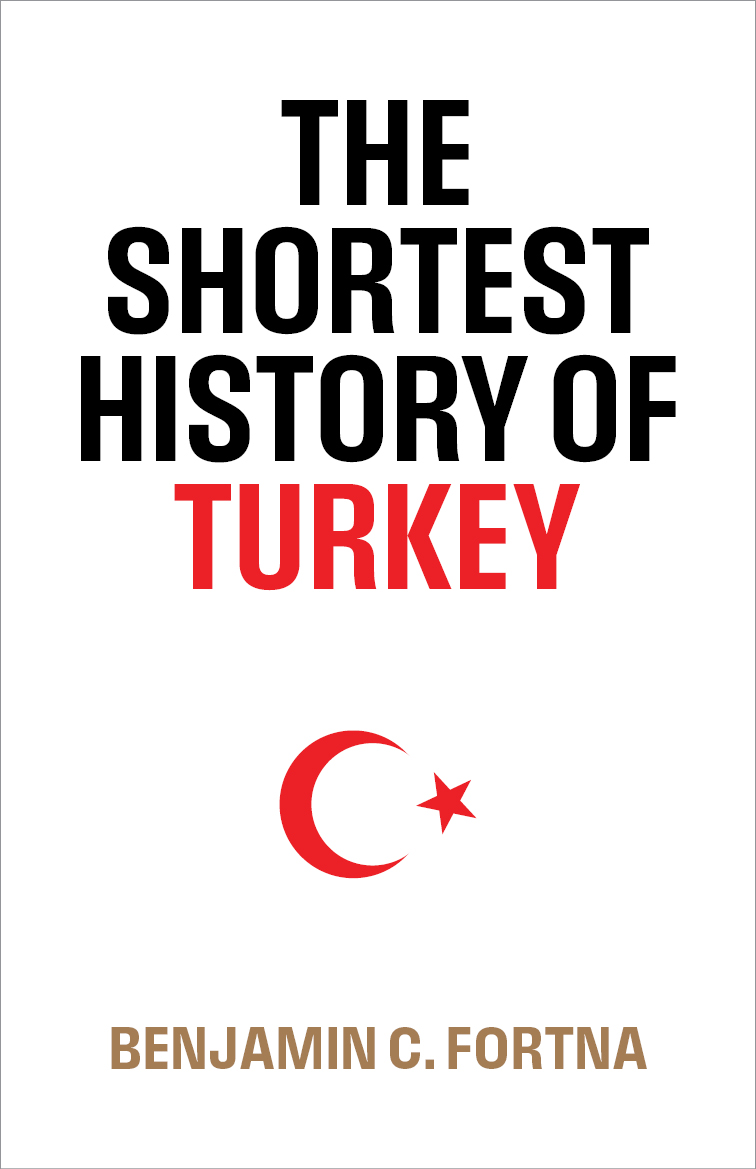
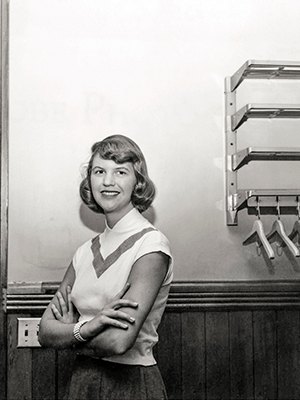

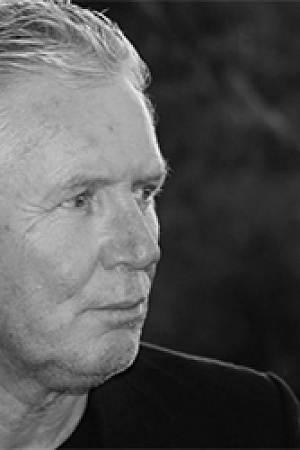
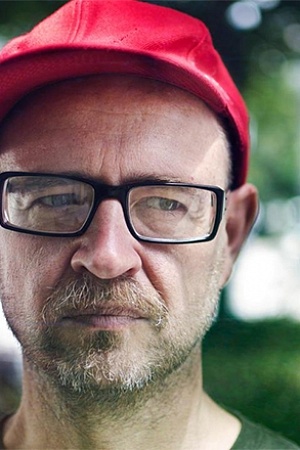

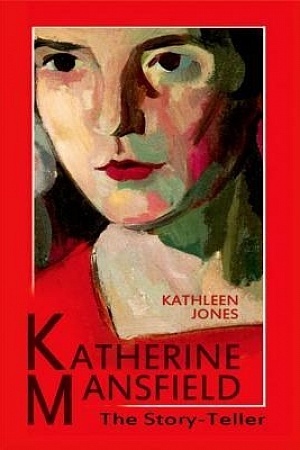
Leave a comment
If you are an ABR subscriber, you will need to sign in to post a comment.
If you have forgotten your sign in details, or if you receive an error message when trying to submit your comment, please email your comment (and the name of the article to which it relates) to ABR Comments. We will review your comment and, subject to approval, we will post it under your name.
Please note that all comments must be approved by ABR and comply with our Terms & Conditions.